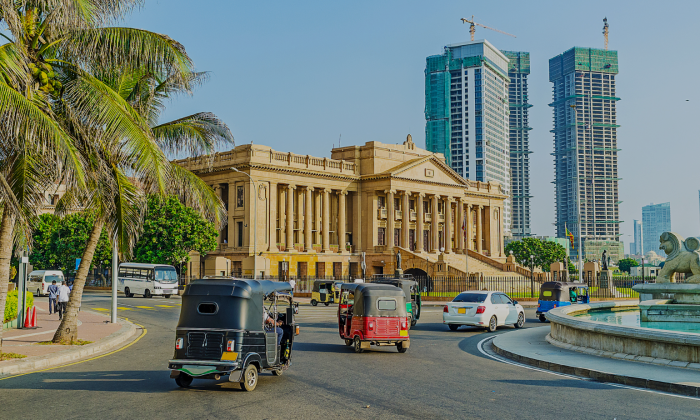


Sri Lanka is planning a second round of talks with sovereign bondholders later this week, according to a media report. The island nation is also anticipating the announcement of a final deal by bilateral lenders. Investors in a steering committee representing key bondholders have halted trading and entered a ‘restricted’ period, signaling a new round of direct talks, Bloomberg Newswires reported. Sri Lanka is attempting to restructure $12.5 billion of sovereign bonds and about $1.7 billion of past due interest following the declaration of an external default in 2022. Private investors are seeking macro-linked bonds whose final haircut is linked to dollar GDP, as well as standard or ‘plain vanilla’ bonds with an upfront haircut. This style of bonds has not been used in sovereign restructurings before. In the latest round of talks, more plain vanilla bonds may be discussed, according to sources aware of the thinking of some bond investors. The ISB holders have proposed a 28 percent haircut and a 1.8 percent consent fee. The macro-linked bonds would have the principal restated up to 92 percent of the original amount depending on the evolution of gross domestic product.
Sri Lanka is restructuring debt using an IMF debt sustainability model applied to middle-income countries with market access, as opposed to the model used in countries like Ghana, which applies to low-income countries requiring deeper haircuts on both domestic and foreign debt. Haircuts may also depend on the maturity of bonds and the coupon interest. Ghana has higher levels of commercial debt, having started to access capital markets around 2007. Like Sri Lanka, Ghana also has a problematic central bank and has sought assistance from the International Monetary Fund 18 times. The country operates under flexible inflation targeting, which critics say is an unstable monetary regime lacking a doctrinal foundation in sound money. Despite broad domestic debt restructuring and ongoing currency volatility, both interest rates and inflation in Ghana remain above 20 percent. Sri Lanka, on the other hand, has undershot its inflation target since achieving monetary stability in September 2022 and has seen currency appreciation amid deflationary policy, providing a strong foundation for economic activity to resume.